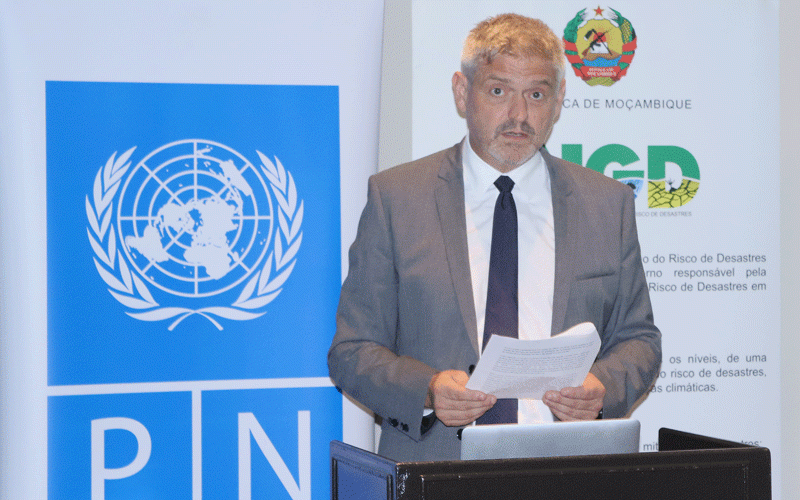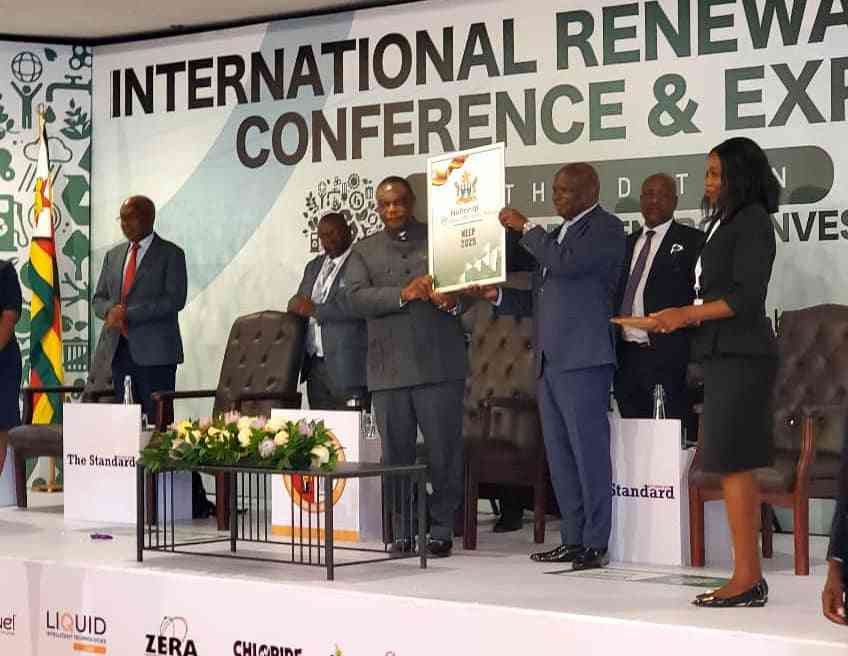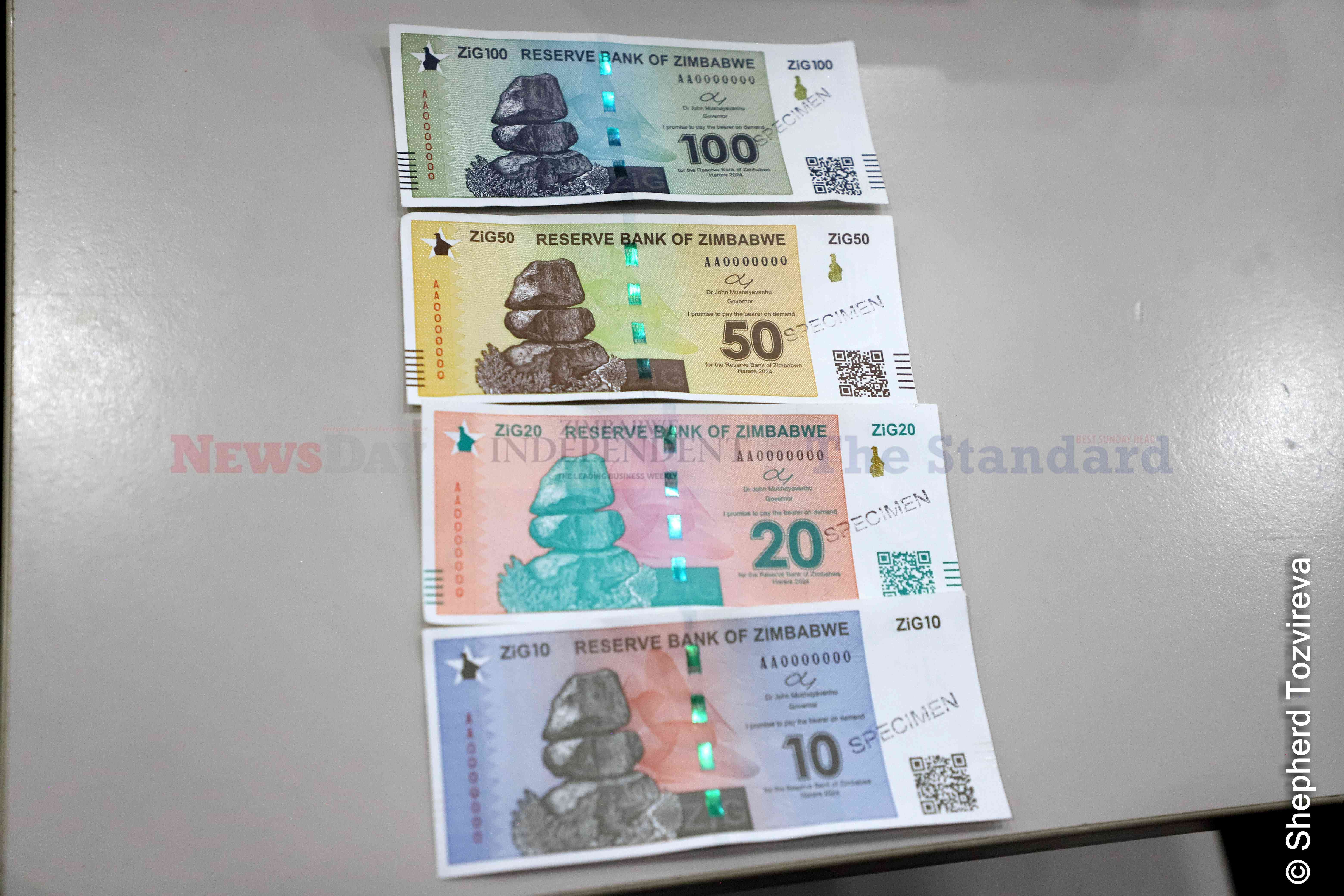
BY MTHANDAZO NYONI
GWANDA-BASED mining concern, Blanket Mine, has introduced monthly and quarterly bonuses for its employees to keep them motivated during the prevailing harsh economic conditions.
Zimbabwe is reeling under economic hardships characterised by hyperinflation, low salaries, excessive power cuts, dire shortage of maize meal and low production of virtually everything among a plethora of other economic problems that have condemned citizens to abject poverty.
However, in a bid to boost employee morale and improve production, Blanket Mine — a subsidiary of the Caledonia Mining Corporation (Caledonia)— has come up with a new bonus structure for its production teams.
“Employee morale has improved following the introduction of a new bonus structure at Blanket: production teams now receive a monthly or quarterly bonus (depending on the worker’s grade) which reflects the specific performance of their team and keeps the productive teams motivated during difficult periods,” the company said in its management discussion and analysis of the consolidated operating and financial results for the quarter ended September 30, 2019. Previously, production bonuses were awarded annually based on the performance of the entire mine.
“The improved morale has contributed to improved daily production tonnage in the later part of the quarter (third quarter of 2019); this improvement has continued into October and November (2019),” the report reads.
Gold production in the period under review stood at 13 646 ounces, an increase of 7.3% on gold produced in the second quarter of the year taking production for the first nine months of 2019 to 38 306 ounces.
Blanket continued to deliver strong cash generation with after-tax operating cash flow for the third quarter of $4.9 million and net cash on hand at the end of the quarter of $8 million.
- Chamisa under fire over US$120K donation
- Mavhunga puts DeMbare into Chibuku quarterfinals
- Pension funds bet on Cabora Bassa oilfields
- Councils defy govt fire tender directive
Keep Reading
Revenue in the quarter was 20% higher than in the third quarter of 2018 due to a 23% increase in the average realised price of gold and a 2% reduction in the quantity of gold sold.
The company said the high incidence of lost shifts due to unauthorised employee absences and employee desertions which adversely affected production in previous quarters had reduced after management adjusted Zimbabwe-dollar denominated wages and salaries to reflect the devaluation of the Zimbabwe dollar against the US dollar.
The Zimbabwe dollar weakened from parity with the US dollar in February 2019 to a rate of $15.09: US$1 at the end of the third quarter last year and has contributed to high inflation in Zimbabwe dollar terms.
Currently, it is hovering at around $16,8 to the greenback.
“By adjusting wages and salaries to reflect the devaluation of the Zimbabwe dollar, Blanket has shielded its workforce from most of the effects of inflation and reduced the loss of key personnel whilst maintaining the cost of labour stable in US dollar terms,” the company said.
Caledonia is an exploration, development and mining corporation focused on Zimbabwe.
Following the implementation of indigenisation at Blanket Mine in September 2012, its primary asset is a 49% legal ownership in Blanket, an operating gold mine in Zimbabwe.
Pursuant to the signing of an agreement announced on November 6, 2018, Caledonia intends to purchase a further 15% of Blanket from one of the mine’s indigenous shareholders.
The transaction remains subject to approvals from various Zimbabwean regulatory authorities.










